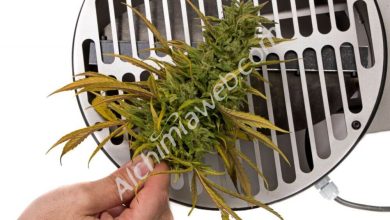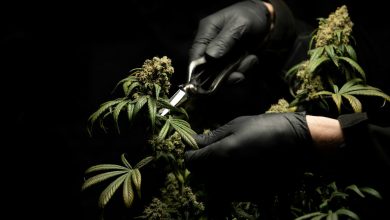Keefe Commissary Prices Surge Up to 88%. Prison Wages Remain Frozen. –

Late last year, Arizona’s only approved commissary vendor reached an agreement with the state prison system to raise prices on 101 commissary items. That action from Keefe Commissary Network covered about 11% of the 900 retail goods sold by our commissary, or prison general store.
It was the first price increase since July 10, 2022, according to a notification sent to all Arizona prisoners through an app on our personal tablets.
“In my 22 years in Arizona prisons, this was the largest price increase I’ve ever seen,” said resident Allen Pacheco.
Keefe increased the prices on two specific categories of items: tobacco and food items such as sweets, sodas and snacks. Prices for eight tobacco items increased an average of 64.6%. Ninety-three food items were subjected to an average increase of 10.9%. Commissary prices do not include tax. Food items are not subject to state tax, but they are subject to local sales tax in certain cities.
Anthony LaPoint said the increases are “ridiculous.” He resents that there is no competitor to Keefe and that he gets less value for his money as portion sizes decrease. And while prices have gone up, LaPoint notes, pay for prison jobs has remained the same. The median hourly pay for Arizona state prisoners at my facility is 35 cents.
LaPoint has a monthly income of about $250, which comes from family and from earnings he makes doing laundry and legal work for others.
He’s a fan of roll-your-own tobacco, previously priced at $3.20. It now costs $3.95, a 23.4% increase. Using Bugler tobacco papers, LaPoint is able to hand-roll approximately 45 to 50 cigarettes, which he barters for ramen noodle soups, bars of soap or leftover chow hall food. Stretching every dollar is vital for LaPoint.
Other tobacco products also saw significant price hikes. A 10-pack carton of Camel regular cigarettes received the largest increase, from $8.38 to $14.75, a 76% increase. The price of Bugler tobacco papers increased from 64 cents to $1.20, an increase of 88%.
Fourteen years ago, when Robbie Brown came to prison, soap, shampoo and clothing were provided to incarcerated people. Today, many hygiene products and some clothing must be purchased.
“The clothing you are supposed to receive is never available,” Brown said. “You must buy it if you need it. Since I got to prison, the price of commissary has doubled and even tripled [for] the most-used items.”
I purchase commissary bi-weekly, relying on my state pay and financial assistance from my mother. With this recent price increase, I have to be more selective. I only have about $100 in my JPay inmate trust account every month. After paying for phone time, the $2 monthly utility fee, hygiene and taxes, I am left with about $50 to spend on food from commissary.
Ten years ago, $50 could fill two property boxes, each roughly the size of a small moving box. Now $50 does not even fill one property box. Many of the items Keefe offers at marked-up prices could be purchased at outside convenience stores for lower prices.
Pacheco has not been able to afford soda since the cost increased from $1.36 to $1.75.
“It takes me three state pays just to get enough money to be removed from indigent status,” he said.
People deemed indigent are prohibited from ordering food items and drinks, including sodas, snacks and coffee. They are only allowed to use their limited funds on a handful of hygiene products. Once they are off indigent status, the money for these supplies comes out of their inmate trust account.
With my recent paycheck of $34 for my work as a peer facilitator, I purchased a sweatshirt, two 8-ounce bags of white rice, two bags of spicy refried beans and five ramen soups. But I’ll have to wait another two weeks to order sweatpants and hygiene products like toothpaste and shampoo.
This article first appeared on Prison Journalism Project and is republished here under a Creative Commons Attribution-NoDerivatives 4.0 International License.




